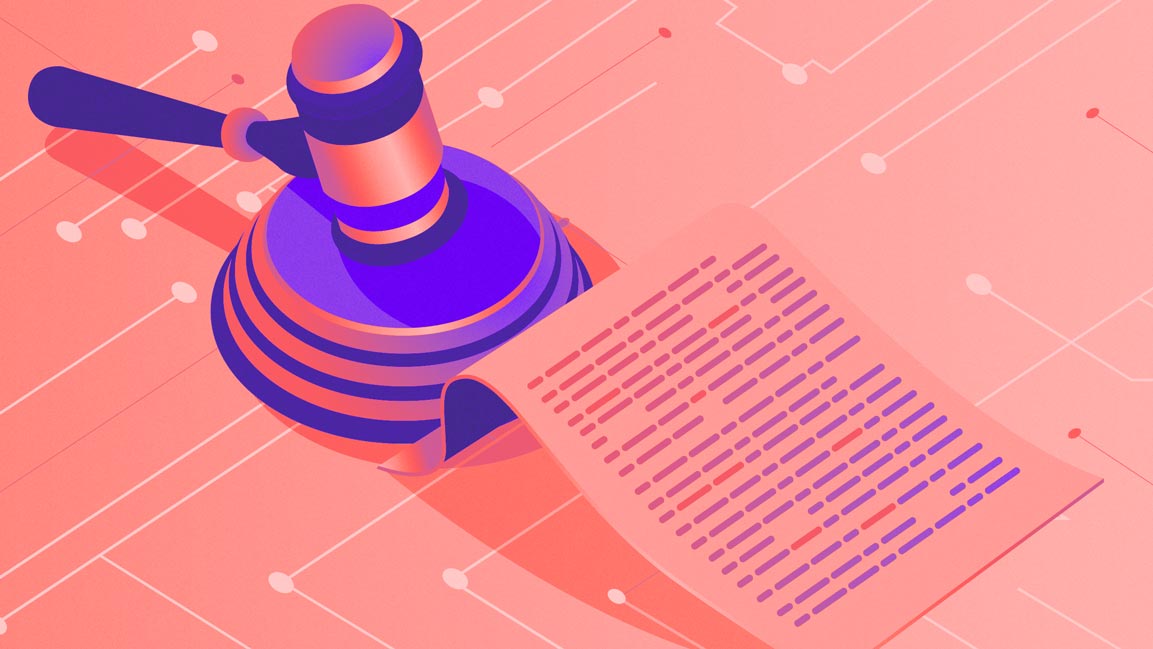Rolling Stone Publisher Takes Google to Court Over AI-Driven Search Features
Rolling Stone publisher takes Google to court in landmark test of AI and journalism
News
- IIT-Bombay, Columbia Team Up to Build AI Backbone for Indian Manufacturing
- India Bets on Digital Public Infrastructure Model for Education AI
- OpenAI Retires GPT-4o as It Consolidates ChatGPT Models
- Adani Power Sets Up Nuclear Subsidiary
- Musk Unveils xAI Overhaul, Lunar AI Ambitions
- Former GitHub CEO Dohmke Raises $60 Million to Build AI Code Infrastructure

Penske Media Corp. (PMC), the publisher of Rolling Stone, Billboard and Variety, has filed an antitrust lawsuit against Google, alleging that its AI-powered search features misappropriate journalism and divert traffic.
The suit, lodged in federal court in Washington, D.C., marks the first time a major US media house has taken Google and parent Alphabet to court over AI-generated summaries. Penske said Google’s “AI Overviews,” which display machine-written responses above search results, are drawing readers away from publishers’ sites.
The company estimates that about one in five searches linking to its outlets now carries an AI Overview, a share that is rising.
The publisher attributed a drop of more than a third in affiliate revenue since late 2024 to the feature.
“Siphoning and discouraging user traffic to PMC’s and other publishers’ websites in this manner will have profoundly harmful effects on the overall quality and quantity of the information accessible on the internet,” the complaint said.
Google countered that the product helps publishers. “With AI Overviews, people find search more helpful and use it more, creating new opportunities for content to be discovered,” said spokesman José Castañeda, adding that the traffic driven through these summaries is “higher quality” because users spend more time on sites.
The case comes as regulators and courts intensify scrutiny of Google’s search dominance. A US judge last year found the company held an illegal monopoly, though penalties were lighter than requested by the government partly because of rising competition from AI startups. Other publishers, including Chegg and the Helena World Chronicle, have filed similar complaints against Google in Washington.
Penske said Google is using its content without compensation to train and power AI tools. It argued that blocking Google would be commercially devastating, yet allowing access leaves it trapped in a “Catch-22” where each article fuels Google’s models while undermining its own business. Thirteen Penske publications are listed as plaintiffs, but Vox Media—where Penske is the largest shareholder—is not included.
The lawsuit seeks an injunction and unspecified damages.
Media companies have taken varied approaches to generative AI. The New York Times is suing OpenAI and Microsoft, News Corp has signed a licensing deal with OpenAI, Google has partnered with the Associated Press, and Anthropic agreed to pay authors at least $1.5 billion to settle copyright claims tied to its training data.






